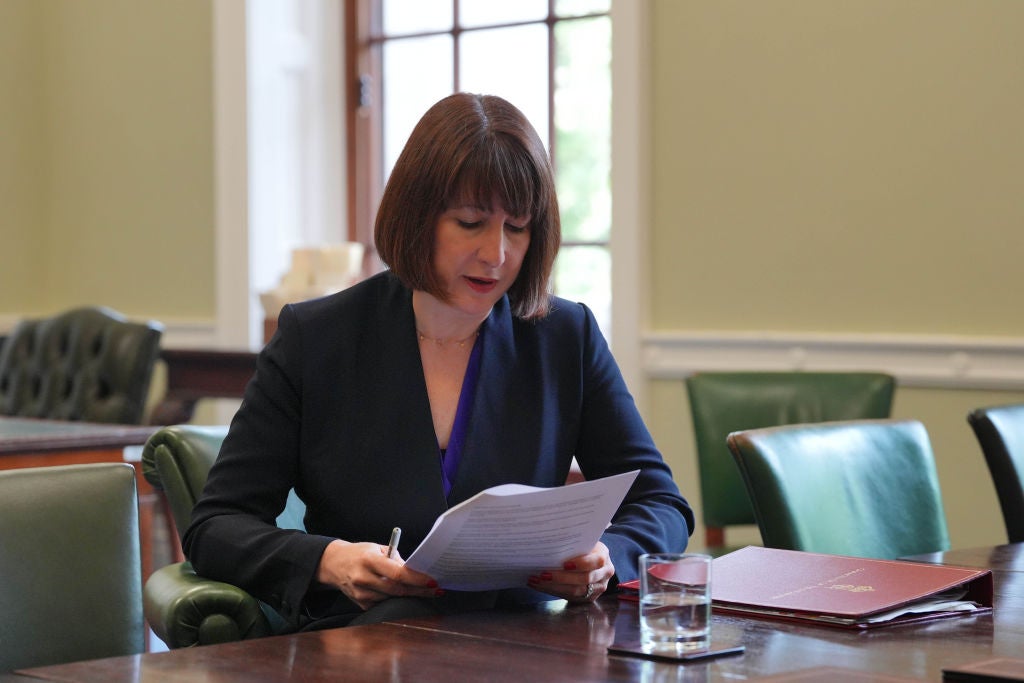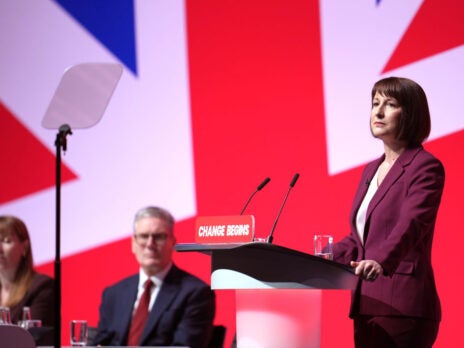
The winter fuel allowance – which gives pensioners a few hundred pounds a month to help with their energy bills during the colder months – is to be scrapped by the Labour government. Some pensioners are likely to continue receiving support but there are scant details. Low-earners are anxious in the wake of Rachel Reeves’ announcement.
Pension credit applies to only a select few of those struggling. The scrapping of the one-size-fits-all scheme won’t just be a withdrawal of welfare to the richest of pensioners, but to some of the poorer half, too.
Britons of pension age are the most engaged of electors in elections. While around five-in-ten voters under the age of 30 turned out at the ballot box in July, it was seven-in-ten among those over the age of 60. If there was a policy to disproportionately piss off voting Britons, it would be this. Reputational damage may be the only consequence to this policy, seemingly forged in a vacuum in executive communication.
And it appears MPs are not blind to this. Some are hosting surgeries to provide advice for pension credit. With local elections next year, and devolved contests in Scotland and Wales the year after, ensuring the policy doesn’t become a near permanent albatross – a generational about-turn in welfare provision – is paramount.
But might this be a storm in a teacup?
Consider this: the Conservative government in its early years raised the female state pension age, cutting recipients of the winter fuel payment by millions. That didn’t stop the Tories expanding their lead among older female voters in 2015, a 3 point advance in their vote while shedding a measly net point among ageing men to Ukip.
What should have been an outrage for millions emerged as a negligible side-note in an election four years after the fact, defined by issues other than the fact. It’s not out of the realms of possibility that the same will be said of this.
And not only that, but Labour’s lead over the Conservatives in July among the over 65s was… non-existent. It was the only demographic where the Tories retained the advantage - a 20 point advantage, at that.
But don’t be so complacent. Among the over 55s Labour led the Conservatives by 5 points. The notion that this shouldn’t matter for Labour - for ageing Britons are least Labour generally - is in my mind a moot one. Ageing Britons vote. Young ones don’t. And optics matters most when there’s an argument to win with the country. Keir Starmer, in his garden speech this week, was making an argument to the country. He needs them on side.
So here’s the problem. YouGov found at the end of July that while most supported the principle of means testing the benefit, this disposition has soured with time. Opinium find an initial majority against, but one-in-three rating it a good idea. More In Common in late August, meanwhile, finds public opinion has worsened. Just a fifth of us support the decision.
The decision to means-test it so recipients of pension credit will still receive the fuel payments will not be received with great comfort. The principle may be sound, but 1.4 million pensioners are current recipients of pension credit. An estimated 800,000 households are also eligible for it but don’t claim it. That leaves up-to ten million pensioners who will see their winter fuel payments cut. And seeing as the average pensioner pulls in around £500 a week after housing costs (compared to near £600 for working age Britons), that would leave a lot of relatively low earners out in the cold.
It’s for this reason alone that (as we near the eventual budget) this may be the policy which irks most. Low earning pensioners are not the broadest shoulders Keir Starmer spoke out in his speech this week. But it appears some of those earners are on course to suffer from this policy shift in welfare provision.
Starmer started his premiership with relatively positive marks both for his public image and for the Labour government. But in recent weeks they have started to sour. Many, however, are still to make up their minds about him. It will perhaps be the Reeves Budget in Autumn when they finally do.


